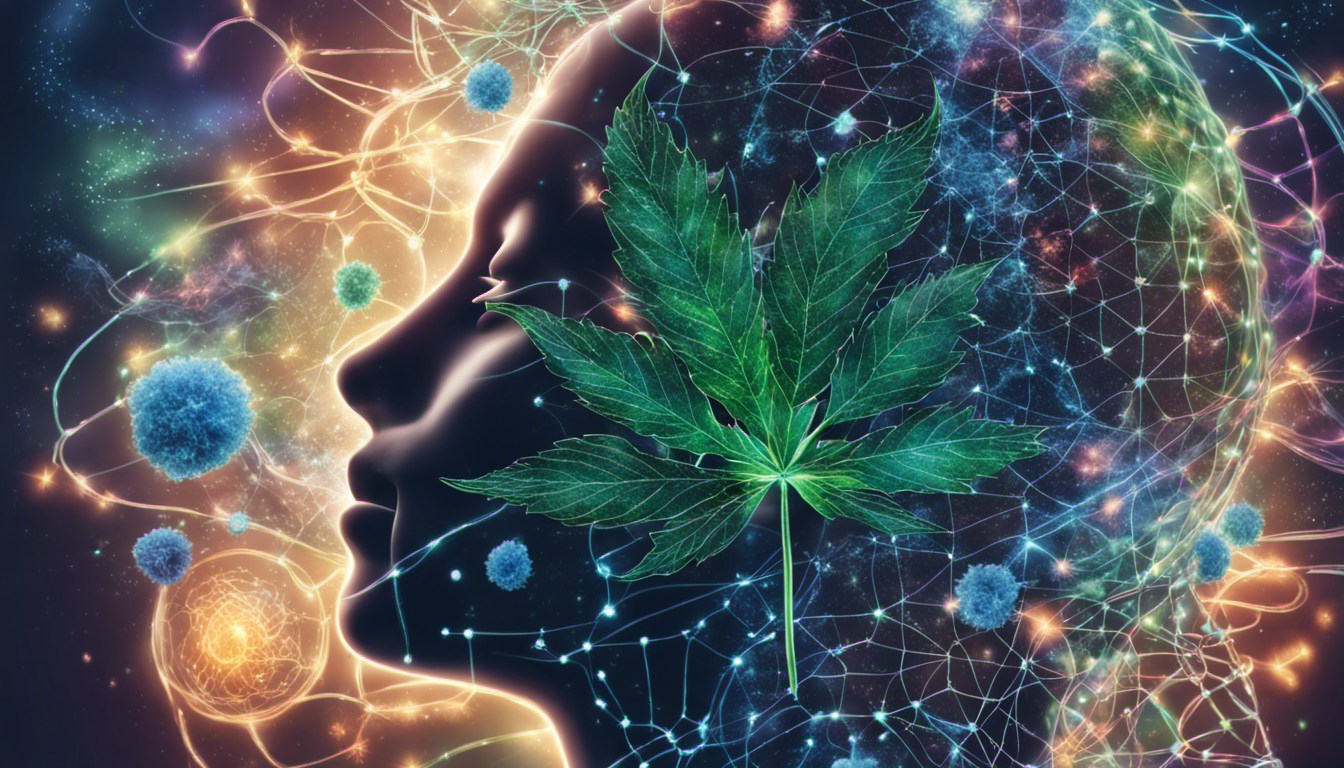How Long Does Marijuana Stay in Your System?
When it comes to cannabis, many people wonder how long its effects can be detected in their system. The answer depends on several factors, including the frequency and potency of use, body composition, metabolism, and genetics.
Cannabis contains THC, the primary psychoactive component, which is metabolized by the body into various compounds. Some of these metabolites can be detected for up to 65 days, while others may remain present for only a few days. The duration of cannabis in the system can vary significantly from person to person.
Different types of drug tests have varying sensitivity levels and detection windows. Urine tests are the most common and can detect marijuana use from a few days to over a month after last use. Blood tests, on the other hand, are less common but can indicate recent use, making them useful for situations like DUI cases.
Several factors influence how long marijuana remains in your system, including:
* Frequency of use: Chronic users tend to retain THC longer than occasional users.
* THC concentration: Higher potency marijuana leads to longer retention and slower elimination.
* Body composition: THC is fat-soluble, so individuals with higher body fat percentages may retain it longer.
* Metabolism: A faster metabolism tends to eliminate THC more quickly.
* Hydration: Proper hydration can influence the rate of THC elimination.
* Genetics: Some individuals may be predisposed to metabolizing marijuana more quickly or slowly.
* Consumption method: Inhaled marijuana reaches the bloodstream faster than ingested forms.
Understanding how long marijuana stays in your system is crucial for both medical and legal reasons. Knowing these factors can help individuals make informed decisions regarding marijuana use, especially in contexts where drug testing may occur.












